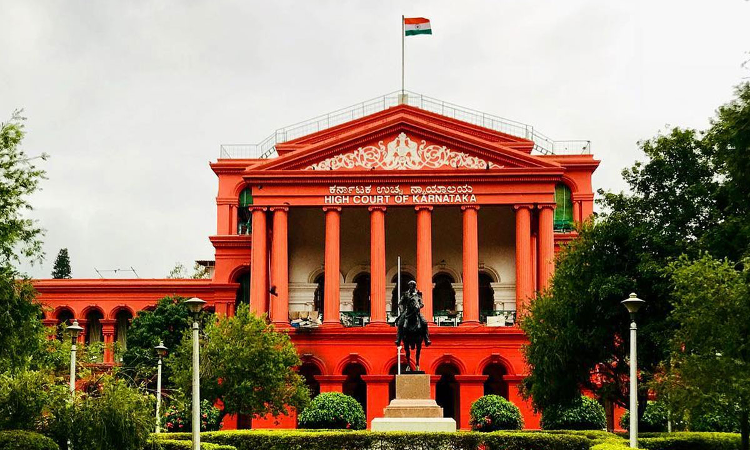Attornment By Lessee Not Necessary For Transfer Of Property Leased Out To Him: Karnataka High Court
Mustafa Plumber
26 May 2023 10:00 AM IST

Next Story
26 May 2023 10:00 AM IST
The Karnataka High Court has said that attornment by lessee is not necessary for transfer of property leased out to him. A single judge bench of Justice Ashok S Kinagi allowed the appeal filed by G Jagadish Kumar and directed the tenant K G Murali to vacate and handover the possession of suit property to the plaintiff. It rejected the contention of the defendant that the plaintiff is not...
